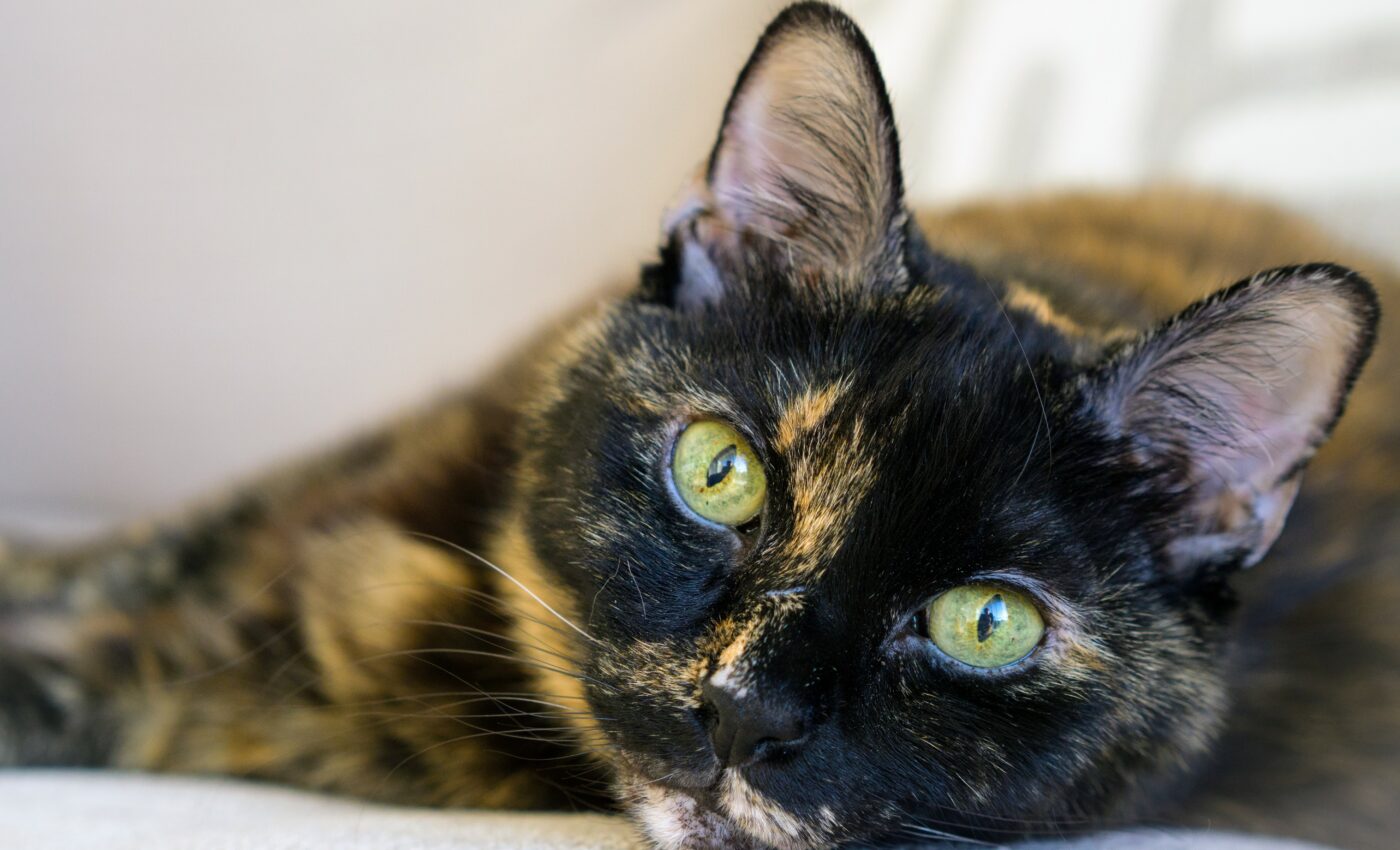
House cat had the same COVID variant as humans
Since being identified in 2019, SARS-CoV-2 has infected a wide range of animal species, both wild and domestic. Many scientists are concerned that these inter-species jumps can lead to novel mutations and even new, potentially dangerous variants.
A research team led by University of Pennsylvania’s School of Veterinary Medicine (Penn Vet) and Perelman School of Medicine has recently sequenced the viral genome sampled from a house cat infected with SARS-CoV-2 in 2021 and found that it was a close match to viral sequences circulating in people in the Philadelphia region at that time. This suggests that SARS-CoV-2 can be transmitted from one species to another without necessarily acquiring a significant number of mutations.
“SARS-CoV-2 has a really incredibly wide host range,” said study senior author Elizabeth Lennon, a veterinarian and assistant professor at Penn Vet. “What this means to me is that, as SARS-CoV-2 continues to be prevalent in the human population, we need to watch what’s happening in other animal species as well.”
Since early in the pandemic, Professor Lennon and her colleagues have been sampling dogs and cats that were exposed to the virus in order to better understand the mechanisms of inter-species transmission. This particular cat – an 11-year-old female brought to the Ryan Veterinary Hospital with gastrointestinal symptoms – had been exposed to an owner who had COVID-19. Sequencing the genome of the cat’s virus, the researchers found that she was infected with the AY.3 lineage of the Delta variant, which was widely circulating in the Delaware Region at the time.
“When we looked at a random sampling of human sequences from our geographic area, there wasn’t anything dramatically different about our cat’s sample,” Professor Lennon reported. “So, our takeaway was that the cat was not infected by a virus that was somehow highly different.”
Although this particular case does not raise alarms for the virus acquiring a significant number of mutations as it moved between species, scientists are on the alert for other cases of infected animals which could harbor more dangerous variants.
“We know that the SARS-CoV-2 is undergoing changes as it passes between to become more and more transmissible over time,” said Professor Lennon. “We saw that with the Omicron variant. It’s host-adapting to people. We also want to know, when other animal species get infected, does the virus start to adapt to those species? And for those viruses that may adapt to a different species, do they still infect humans?”
The study is published in the journal Viruses.
—
By Andrei Ionescu, Earth.com Staff Writer













